June 20, 2025 | by Lila Grayson

Why This Hits Hard During Juneteenth Celebrations
Juneteenth isn’t just another summer observance, it’s a celebration of freedom and resilience dating back to 1865, now a federal holiday. The phrase “Free at last,” strongly linked to Dr. Martin Luther King Jr., carries real weight. When big brands like Kroger step into this sphere, what they create speaks volumes. A poorly decorated cake might seem harmless on a whim, but in the context of Juneteenth, it can come across as disrespectful or tone-deaf. That’s exactly why the “Kroger Juneteenth Cakes” video didn’t just make people laugh, it left many feeling offended and unheard.
What This Article Aims To Achieve
In light of the viral incident surrounding Kroger’s lackluster Juneteenth cakes, this article will do two things: first, unpack exactly what happened, how the video went viral, why the emotional response was so strong, what Kroger said afterward. And second, we’ll shift gears and learn how Juneteenth should be celebrated, through authentic, meaningful recipes you can bake or share at home, as well as reflections on how brands need to do better. That way, we not only critique missteps but also move forward with purpose and heart.
What Juneteenth Represents, and Why Words (And Cakes) Matter
Juneteenth began in Galveston, Texas, on June 19, 1865. Nearly two months after the Confederacy surrendered, enslaved people in Texas finally received the news of their freedom. That moment of liberation, delayed though it was, became a movement of celebration and remembrance, known as Freedom Day, Jubilee Day, or Juneteenth.
In 2021, Juneteenth gained federal recognition, joining the ranks of federal holidays. But it’s much more than a day off, the holiday carries a weighty legacy. It’s a time to honor the resilience of enslaved and formerly enslaved Black Americans, acknowledge the generational trauma of slavery, and recommit to equity and justice.
That’s why cultural symbols matter so much. Food, art, language, and traditions tied to Juneteenth are expected to be treated with seriousness, not thrown on a display rack to tick a diversity box. The phrase “Free at last” holds historical significance in the civil rights narrative. It ties directly to generations of Black freedom-fighters and American upheaval. Kroger’s minimalistic, half-hearted renditions felt hollow in that context. It wasn’t just poor design, it was a failure to engage with the spirit of a historic, deeply emotional holiday.
By calling this misstep “Kroger Juneteenth Cakes,” critics essentially said: this was more than bad dessert décor, it reflected a lack of basic cultural competence.
Unlike Kroger Juneteenth Cakes, These Recipes Honor the Holiday
Rather than rely on uninspired desserts like the infamous Kroger Juneteenth Cakes, you can celebrate Juneteenth with dishes rich in meaning, history, and flavor. Food is a cultural artifact, it tells stories, preserves traditions, and brings people together. The red color seen in many Juneteenth foods symbolizes strength, perseverance, and the bloodshed of enslaved ancestors. Meanwhile, classic soul food recipes echo the resilience and creativity of African American culinary heritage. Here are five thoughtful, delicious ways to celebrate Juneteenth from your own kitchen.
1. Red Velvet Juneteenth Cupcakes
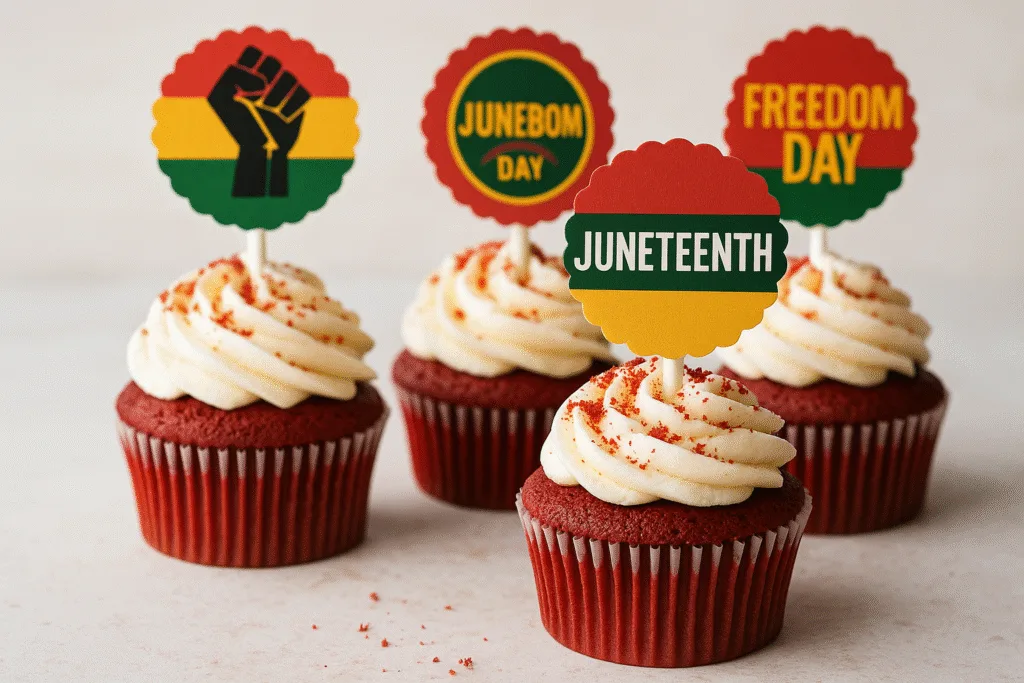
Symbolism: Red is sacred in many West African cultures. In Juneteenth celebrations, it reflects sacrifice and strength. Red velvet is a natural go-to.
Ingredients:
Instructions:
These vibrant cupcakes make for a gorgeous and respectful addition to any Juneteenth gathering.
2. Sweet Potato Pie
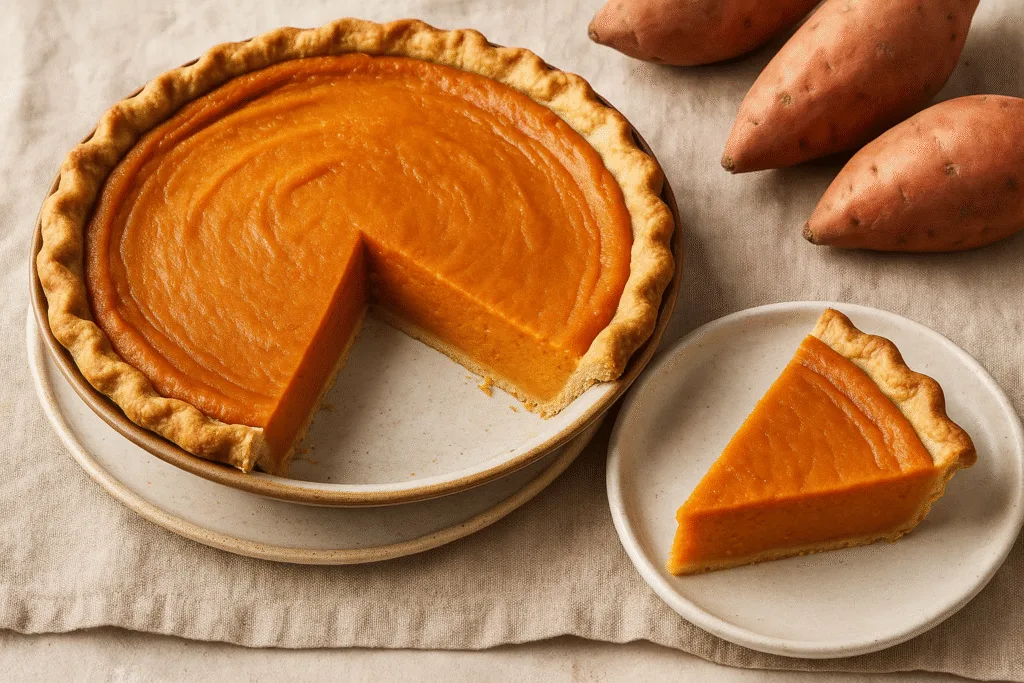
Symbolism: This soulful dessert pays tribute to generations of Black cooks who turned humble ingredients into pure comfort.
Ingredients:
Instructions:
This classic sweet potato pie is a heartfelt alternative to the mass-produced Kroger Juneteenth Cakes. It tells a story with every bite.
3. Watermelon Lemonade
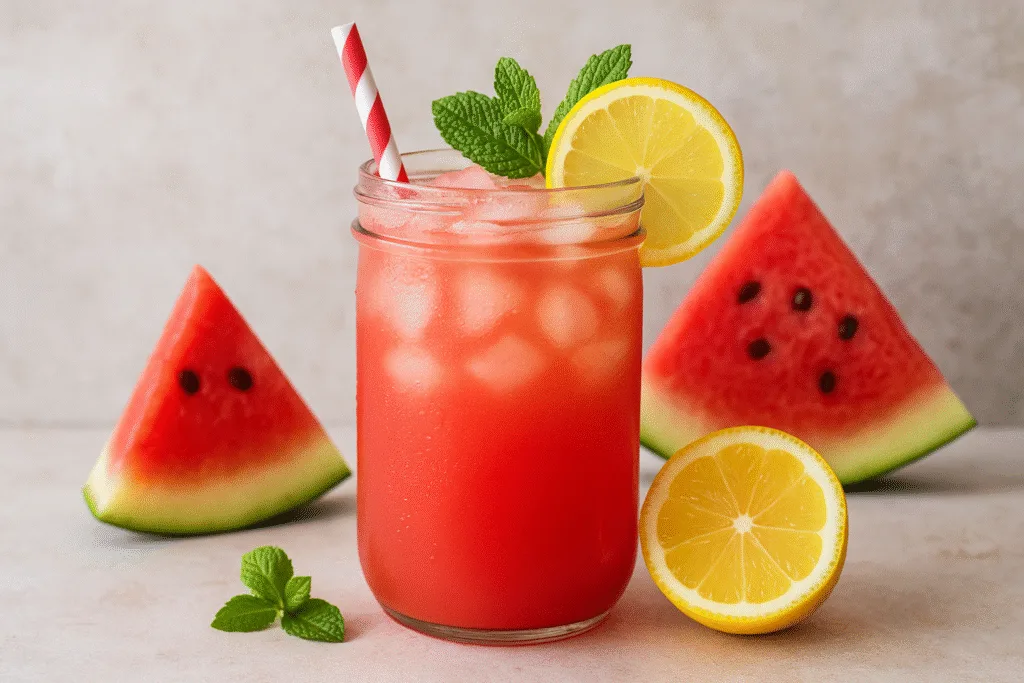
Symbolism: Watermelon is often misunderstood, but historically, it represents self-sufficiency and freedom among freed Black communities post-Emancipation.
Ingredients:
Instructions:
A vibrant red drink perfect for Juneteenth tables, refreshing, symbolic, and easy to love.
4. Black-Eyed Pea Salad
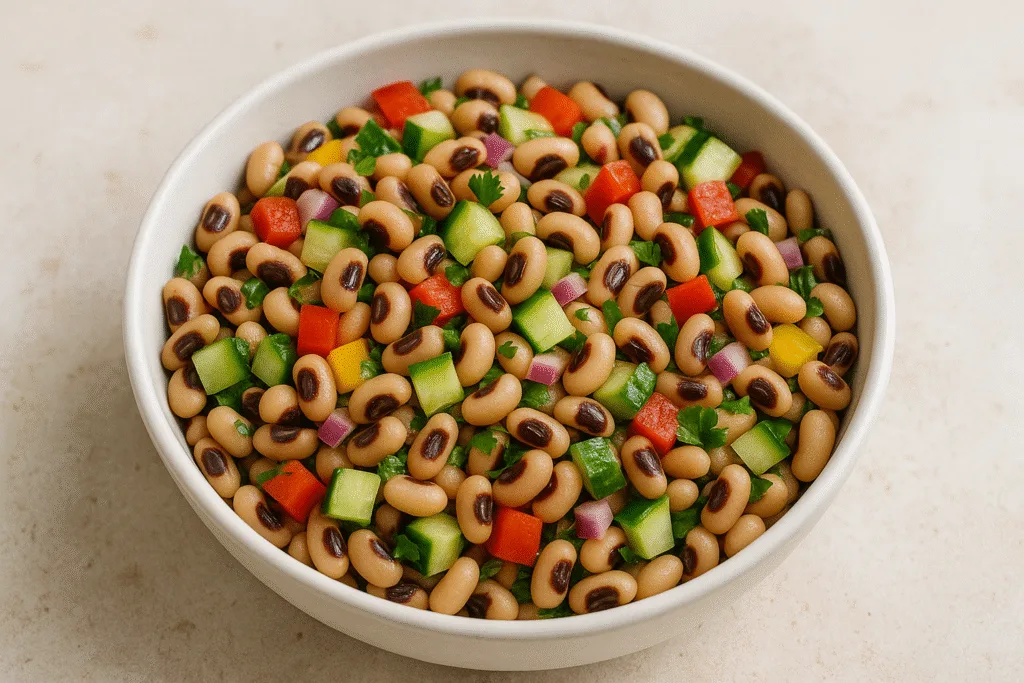
Symbolism: Black-eyed peas have long been considered symbols of good luck and prosperity. They’ve been served for generations during celebratory events.
Ingredients:
Instructions:
It’s flavorful, healthy, and filled with tradition, something a mass-produced cake can’t replicate.
5. Peach Cobbler
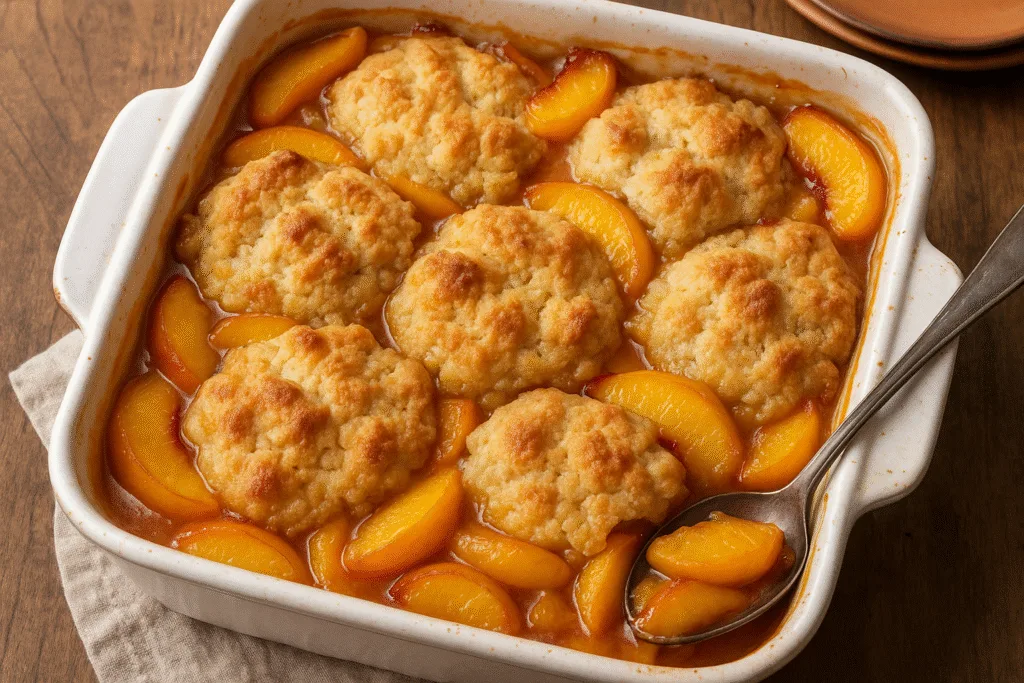
Symbolism: This dish represents the warmth, creativity, and soul of Southern Black cooking.
Ingredients:
Instructions:
It’s comfort in a dish, one that genuinely celebrates heritage and history.
Lessons from the Kroger Juneteenth Cakes Backlash
The Kroger Juneteenth Cakes incident wasn’t just a branding flop, it became a moment of reckoning. It reminded corporations that cultural representation isn’t a checkbox. It’s an ongoing commitment to sensitivity, education, and authenticity. While some Reddit users suggested the issue came from inexperience rather than malice, intention doesn’t outweigh impact.
Retailers must understand that celebrating cultural holidays means doing the work: listening, collaborating with community voices, and ensuring the message matches the medium. Whether it’s a cake or an ad campaign, consumers can smell performative gestures a mile away. And in 2025, with information spreading at light speed, the room for tone-deaf missteps is shrinking fast.
Instead of relying on surface-level symbols, brands need to invest in diversity, not just at the holiday planning table, but year-round. Authenticity comes through relationships, not rushed product lines. The Kroger Juneteenth Cakes, for all their missteps, have sparked an important dialogue. Now it’s time for brands to listen.

Conclusion
The Kroger Juneteenth Cakes controversy wasn’t just about poorly decorated pastries, it was about what happens when culture is commodified without care. Juneteenth, a celebration of emancipation and Black resilience, deserves more than a cheap frosting slogan.
There’s beauty in reclaiming the narrative, by cooking food that speaks from the heart, honoring tradition, and sharing stories that matter. Whether you’re making red velvet cupcakes or a family-favorite peach cobbler, you’re not just cooking. You’re celebrating freedom, unity, and history.
So the next time you plan a Juneteenth celebration, skip the supermarket shortcuts. Bake from the heart, learn from the past, and serve up something real.
FAQs
What was wrong with the Kroger Juneteenth Cakes?
The cakes featured minimalist and poorly thought-out designs like “Free @ last,” which many saw as dismissive of Juneteenth’s cultural significance.
Did Kroger apologize for the cake controversy?
Yes, Kroger issued an apology and removed the cakes, stating the designs were inconsistent with their guidelines. However, critics felt the response lacked depth.
What’s the significance of red foods during Juneteenth?
Red foods symbolize strength, resilience, and the bloodshed of African ancestors. It’s a tradition rooted in West African cultural practices.
What are some traditional Juneteenth recipes?
Popular dishes include red velvet cupcakes, sweet potato pie, black-eyed pea salad, watermelon lemonade, and peach cobbler.
How can brands do better during cultural holidays?
They should engage with cultural experts, involve community voices, ensure authentic representation, and avoid superficial gestures.
View all